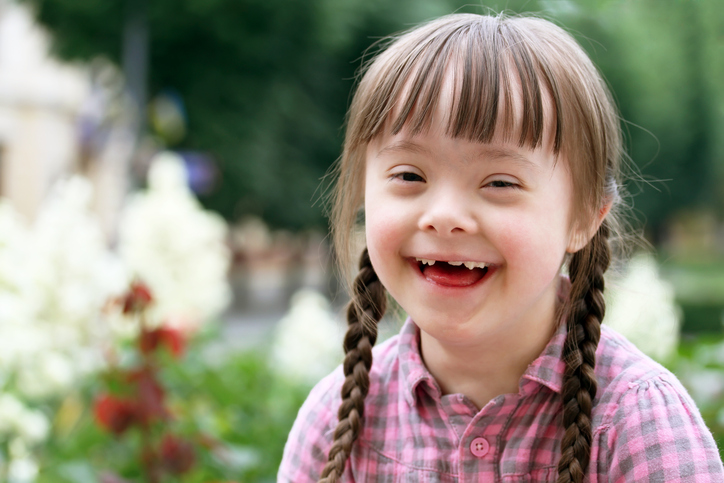
Disability campaigners in the UK are urging MPs to support a cross-party amendment to the Government’s Health and Care Bill to introduce an equal time limit for disability-selective abortions.
Currently in England, Wales and Scotland, there is a general 24-week time limit for abortion, but if the baby has a disability, including Down’s syndrome, cleft lip and club foot, abortion is legal right up to birth.
The UN Committee on the Rights of Persons with Disabilities has consistently criticised countries that provide for abortion on the basis of disability.
Its concluding observations on the initial report of the United Kingdom of Great Britain and Northern Ireland made a key recommendation that the UK change its abortion law so that it does not single out babies with disabilities. The Government, however, decided to ignore the recommendation.
Heidi Crowter, from Coventry, who has Down’s syndrome commented that the law says that babies shouldn’t be aborted up to birth, but if a baby is found to have Down’s syndrome, it can be aborted up until birth. This is the current law in the UK and I think it’s not fair”.
“I am asking MPs to please support this amendment. People shouldn’t be treated differently because of their disabilities, it’s downright discrimination,” she said
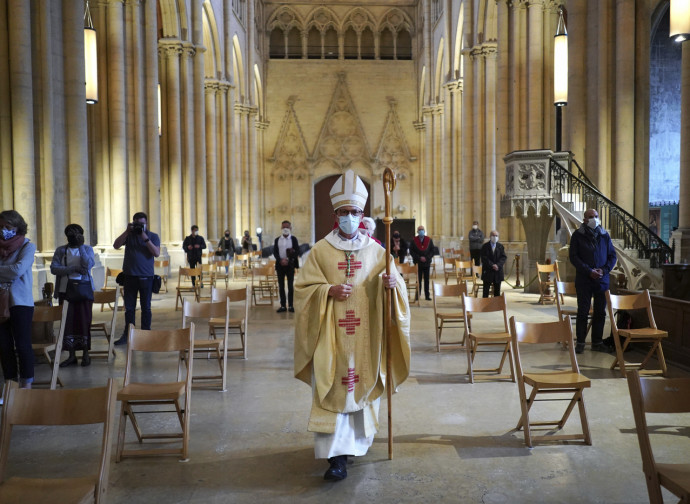
Separate Masses will be held in New Zealand according to whether the attendees have a vaccine cert or not.
The announcement by the country’s Catholic bishop is in response to new Government guidelines that allow greater numbers to attend events for the vaccinated.
Each parish will be asked to provide Mass for people with the “My Vaccine Pass” required for unrestricted gatherings under the Orange and Green traffic light settings. Parishes will also be asked to provide the opportunity for people to attend a separate numbers-restricted Mass without providing proof of vaccination.
All lay people who help with Mass and all other public-facing ministries will need to be vaccinated for vaccinated-only work. Priests are being asked to be vaccinated, and will be limited in their ministry if they are not.
The Government says the “traffic light” system will start soon after 29 November. The vaccine passes required for unrestricted entry to many places are available for downloading now.
Under guidelines made public so far, the system will allow unrestricted numbers of vaccinated people to gather in a church under the Orange and Green settings, but restrict numbers without a vaccine pass to 50 (Orange) or 100 (Green). Under the Red setting, 100 can attend Mass with a vaccine pass, and 10 at a Mass without a pass.

Social Democrat co-leader Róisín Shortall is to table a Bill seeking a referendum to remove references to “God” in the presidential oath from the Constitution after the European Court of Human Rights judges dismissed her challenge to the oath.
While Ms Shortall characterised the pledge as “taking an oath to ‘almighty God’”, the wording of oath simply begins with the phrase “In the presence of Almighty God“.
“In a modern republic, it is anathema that those elected to one of the highest political offices in the land, that of president, are required to swear an oath to ‘almighty God’,” she said, adding that such oaths “are incompatible with freedom of conscience”.
Atheist Ireland said it would continue to press for the removal of religious oaths from the Constitution, arguing that they still contravene human rights law.

A Christian florist in the US who was sued after declining to create flower arrangements for a same-sex wedding ceremony and subsequently spent eight years battling in the courts will pay a small settlement and retire, rather than seek another U.S. Supreme Court hearing.
“I am willing to turn the legal struggle for freedom over to others. At age 77, it’s time to retire,” Barronelle Stutzman, who owns Arlene’s Flowers in Richland, Washington state.
“I’ve never had to compromise my conscience or go against my faith. I’ve met so many, many kind and wonderful people, who’ve generously offered me their prayers and encouragement and support.”
In 2013, the florist declined to make flower arrangements for the same-sex wedding of long-time customer and friend Rob Ingersoll and his partner Curt Freed. She said that as a Christian, she believed such a union would violate her faith, and she could not make a floral arrangement for a same-sex wedding. Stutzman referred Ingersoll to several nearby florists.
https://www.catholicnewsagency.com/news/249645/christian-florist-barronelle-stutzman-to-pay-a-settlement-and-retire-rather-than-appealing-to-the-supreme-court-after-being-sued-for-declining-to-create-flower-arrangements-for-a-same-sex-wedding
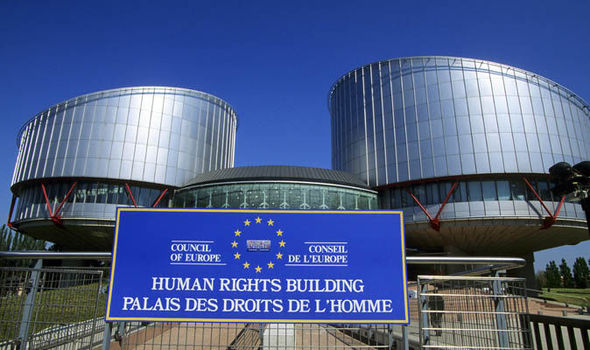
European human rights judges have dismissed a legal challenge to the presidential oath, in a setback for campaigners seeking to remove declarations made “in the presence of Almighty God” from the Constitution.
The case had been brought by Social Democrats co-leader Róisín Shortall and four co-litigants. The Government had argued that the action should be thrown out because the litigants were not victimised by the constitutional requirement to make such declarations.
In a unanimous ruling on Thursday, the case was declared inadmissible by a seven-judge chamber of the court in Strasbourg. “The decision is final,” it said.
“The court, in declaring the applications inadmissible, found that the applicants had failed to provide reasonable and convincing evidence that they were at risk of being directly affected by these requirements and so could not claim to be victims of a violation of the Convention,” it added.
“The Convention did not permit applicants to complain about a provision of national law simply because they considered, without being directly affected by it, that it may contravene the Convention.
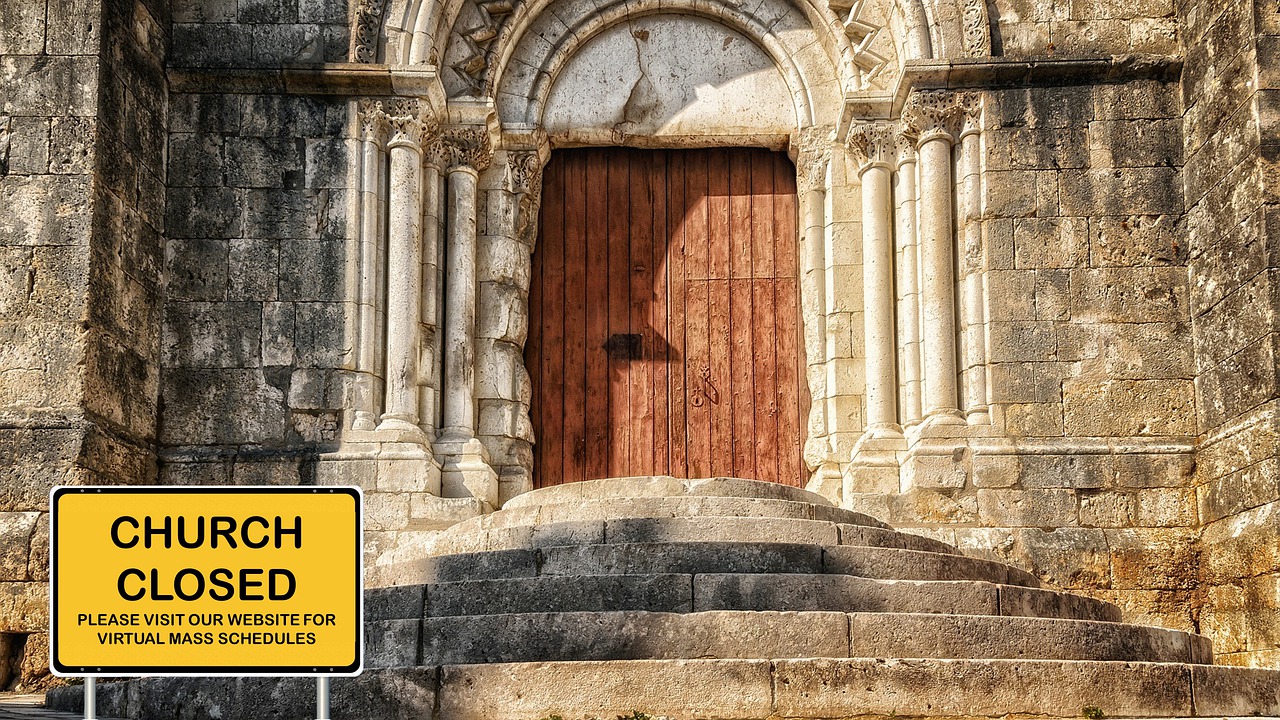
Voters in Texas have voted to prohibit the state from taking any action that would prohibit or limit religious services.
SJR 27 bars “the State of Texas or a political subdivision from enacting, adopting, or issuing a statute, order, proclamation, decision, or rule that prohibits or limits religious services”.
The proposition also says that the amendment “would apply to religious services, including those conducted in churches, congregations, and places of worship, in the state by a religious organisation established to support and serve the propagation of a sincerely held religious belief”.
The Texas Catholic Conference of Bishops (TCCB) tweeted their support for the amendment. They wrote: “Yesterday, Texas voters took to the polls. Two constitutional amendments to the Texas Constitution that the TCCB supported (Proposition 3 & 6) passed. Protect religious liberty and guarantee access to essential caregivers at nursing homes and assisted care facilities.”

On the “International Day for Tolerance”, the OSCE released a Hate Crimes Report, where almost a quarter (980) of the 4008 descriptive incidents were perpetrated against Christians.
The number only includes cases documented by civil society organizations and a larger figure arises when police numbers are counted.
The Observatory on Intolerance and Discrimination against Christians in Europe has drawn attention to the rising trend (70%) of Anti-Christian Hate Crimes since last year.
Director, Madeleine Enzlberger, said that in the media and politically, “hatred of Christians is hardly noticed as an increasingly obvious social problem. The OSCE report reflects only part of this trend, which we have been documenting for years, and yet it is a loud wake-up call against indifference and fashionable Christian-bashing”,
This year alone, the Observatory were able to report around 600 of the 980 cases to the OSCE. But the number of contributors in comparison with the rest indicates that the actual number of hate crimes against Christians is probably way higher. ODIHR Director Matteo Mecacci also said. “But most of these crimes remain unreported, unrecorded and unprosecuted, leaving victims without support or redress.”
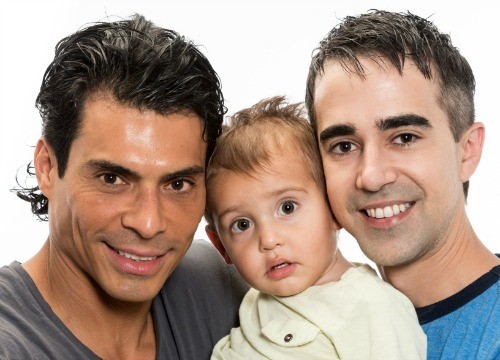
Birth certs should be changed to reference ‘parent 1’ and ‘parent 2’, instead of ‘mother’ and ‘father’ with the option of adding additional parents, according to a proposal from two Irish academics.
Writing on the RTE News website, Drs Páraic Kerrigan and Amber L. Cushing say the current structure of the birth certificate is orientated around ‘normative’ categories of gender and sexuality, and does not allow for the ‘fluidity’ and ‘multiplicity’ of gender and sexual identities that exist today.
The say the process of collecting birth information and the design of the birth certificate must be reconsidered “to enable a more accurate and fuller representation of LGBTQ families”.
“This can come down to changing the field of information on the birth certificate to be more inclusive, such as changing “mother” and “father” to “parent 1”, “parent 2” and perhaps allowing for additional parents to be listed, as is allowed in the Canadian Province of British Columbia”.
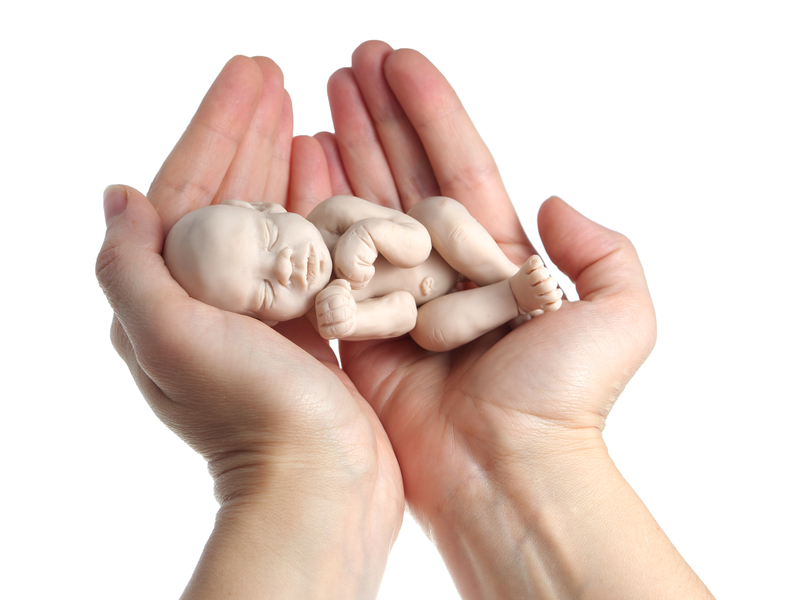
Slovakia’s parliament has narrowly rejected proposed legislation that would have given the unborn more protection.
The bill was rejected by one vote, as 67 of the 134 lawmakers present in the 150-seat house voted in favour of it. A similar proposal to restrict abortion was rejected a year ago, also by one vote.
The bill was submitted by representatives from ‘Ordinary People’, the senior party in the coalition government led by Prime Minister Eduard Heger.
Among its key provisions, the mandatory waiting period before women have access to abortion at their request would have been extended from 48 to 96 hours.
Women would also have had to give their reasons for having an abortion.
The new legislation would also have banned abortion advertising, and services linked to it.
Currently, abortion is legal in the first 12 weeks of pregnancy; and after that for certain ‘medical reasons’.

On Friday two prominent leaders of the Parliament of the Australian state of New South Wales voiced their opposition to a controversial bill to legalise “voluntary assisted dying”.
The Premier, Dominic Perrottet, told the House that his own grandmother is dying at the moment from cancer and is in considerable pain. Nonetheless he said, “a strong society protects and cherishes its most fragile members”.
The Leader of the Opposition, Chris Minns, said he was “in the minority” within the NSW Labour party but he would also vote against the bill.
“I am not convinced any legislation can prevent an individual choosing to die in response to pressure, coercion or duress caused by others,” Mr Minns said.